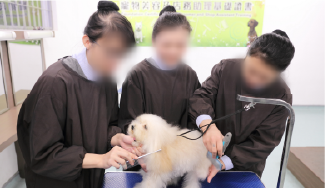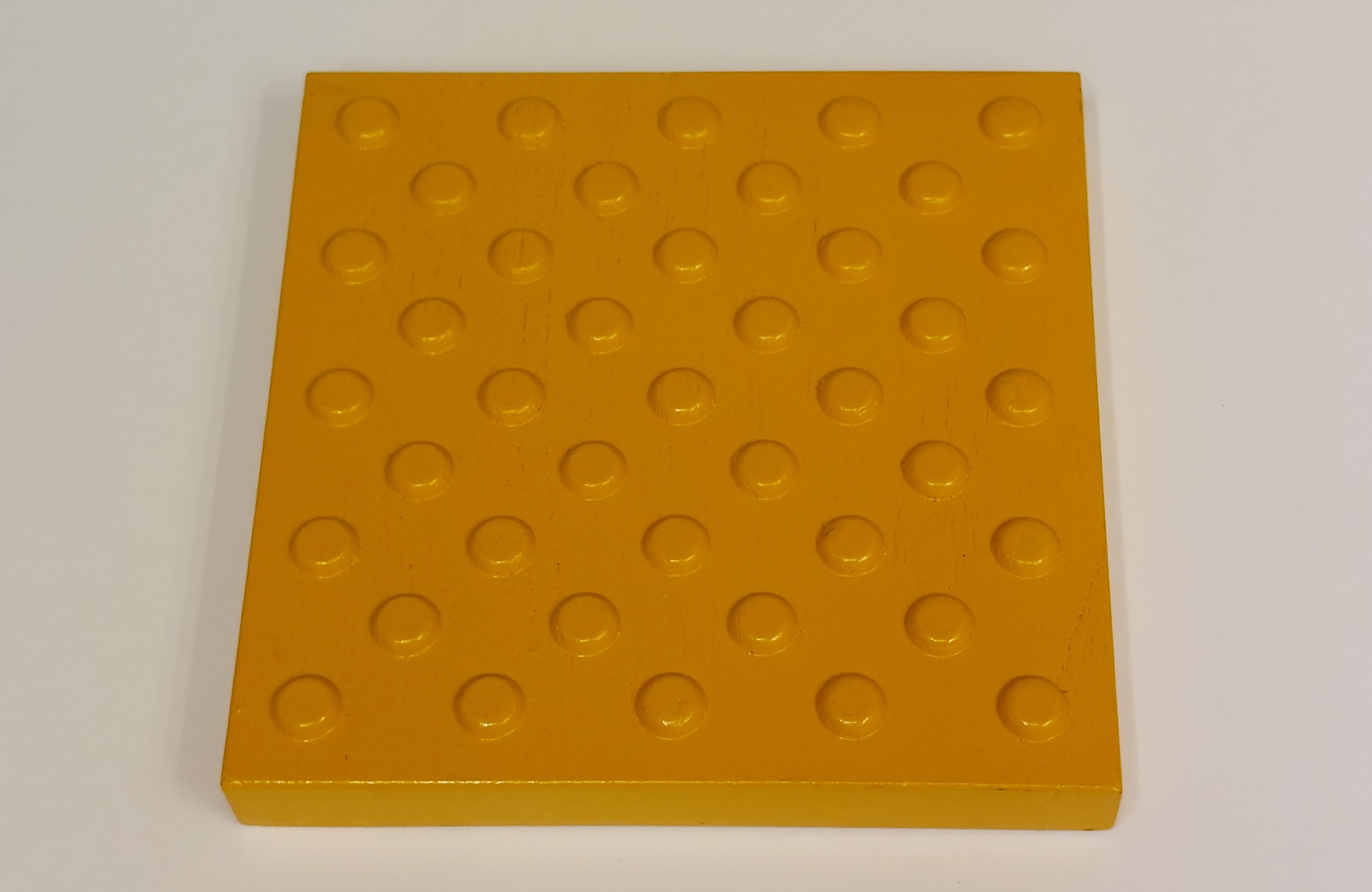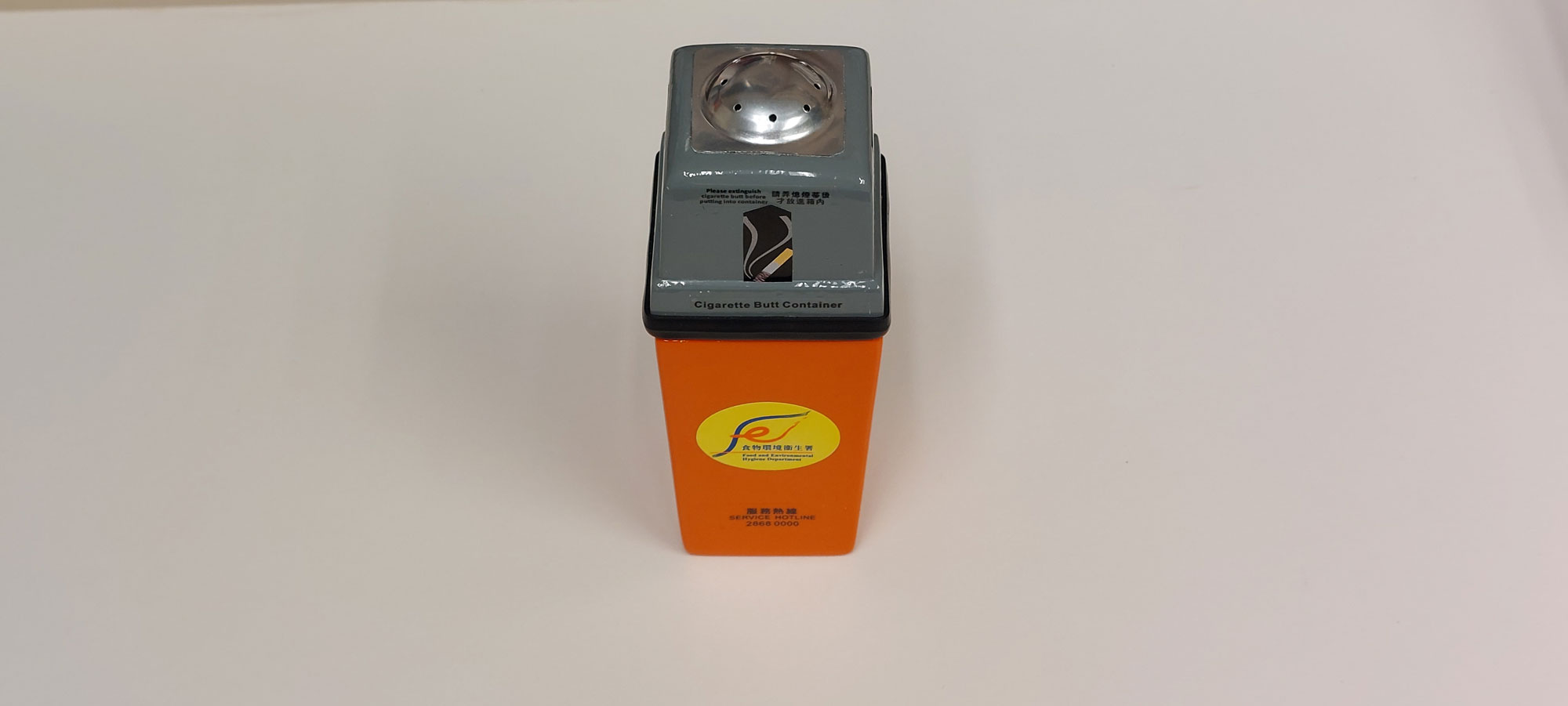


Industries & Vocational Training Section
The Correctional Services Industries (CSI) was officially established by the Prisons Department in 1978. The CSI engaged
persons in custody (PICs) in industrial work with mass production scale to stabilising the order and discipline of
prisons, at the same time providing goods and services to government departments so that PICs can contribute to the
society. Institutions developed different types of goods and services according to the categories of PICs accommodated
therein and the institution's location and facilities. For example, garment and laundry workshops were set up in women's
institutions, while pig raising and cultivating farms were set up in institutions in rural areas, etc. At that time, the
purpose of work was mainly in stabilising prison order, helping PICs to consume their time and energy, instead of
providing PICs with vocational training to address their needs for employment and re-integration into the society.








In the 21st century, the Correctional Services Department (CSD) reviewed the role of the CSI, emphasising that PICs
should also receive vocational training in addition to work, so that they can acquire skills to earn a living, make it
easier to look for a job and facilitate their reintegration into society after release, as a result in reducing
recidivism. In 2009, the CSI was integrated with the Vocational Training Unit to form the Industries and Vocational
Training (I&VT) Section under the Rehabilitation Division. Since then, the objective was not only production but also
extended to “training”, “correction” and “rehabilitation”. Vocational training offers PICs with the opportunities to be
self-reliant, to rehabilitate, and to enhance the effectiveness of rehabilitation services.



 Vocational training is market-oriented and up-to-date. The CSD regularly reviews and cooperates with other local
training bodies to organise market-oriented vocational training courses for different types of PIC in different
institutions to equip them with skills in demand and recognised qualifications, which will enhance their employability
in the market. These vocational training courses cover a wide range of industries including construction, engineering,
business, food and beverage, retail, beauty care, transport, logistics, laundry services, multi-media technologies and
environmental services, etc. For industrial production, the CSD has mainly produced goods and services under a number of
trades, including, garment making, sign making, carpentry, fiberglass products, precast concrete products, metalwork,
personal protective equipment, leather products, envelope making, printing, bookbinding, simple manual work and laundry
services.
Vocational training is market-oriented and up-to-date. The CSD regularly reviews and cooperates with other local
training bodies to organise market-oriented vocational training courses for different types of PIC in different
institutions to equip them with skills in demand and recognised qualifications, which will enhance their employability
in the market. These vocational training courses cover a wide range of industries including construction, engineering,
business, food and beverage, retail, beauty care, transport, logistics, laundry services, multi-media technologies and
environmental services, etc. For industrial production, the CSD has mainly produced goods and services under a number of
trades, including, garment making, sign making, carpentry, fiberglass products, precast concrete products, metalwork,
personal protective equipment, leather products, envelope making, printing, bookbinding, simple manual work and laundry
services.




